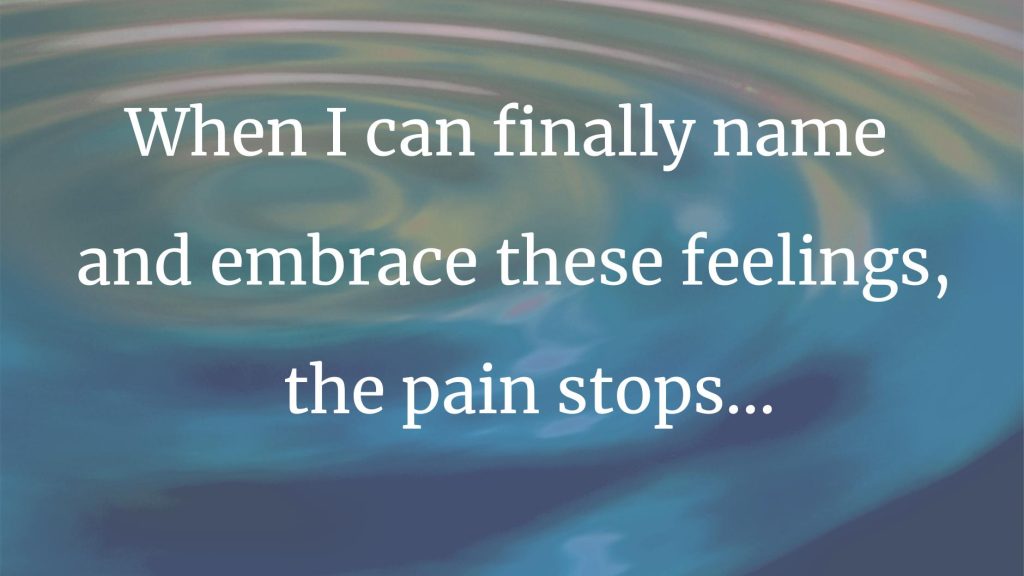A Family History of X
Editor’s Note: This piece was a finalist in the Pulse writing contest, “On Being Different.”
When I was diagnosed with breast cancer, my doctor, Dr. Thompson, who looks like the comedian Norm MacDonald and tells smart-ass jokes and likes to draw stick-figure breasts on a whiteboard to show surgical options, asked, “Do you have a family history of breast cancer?”
He had already drawn a series of disembodied breasts before he asked this. The breasts were squared off, with Lego nipples—nothing Victoria’s Secret-ish, nothing human.
A Family History of X Read More »





